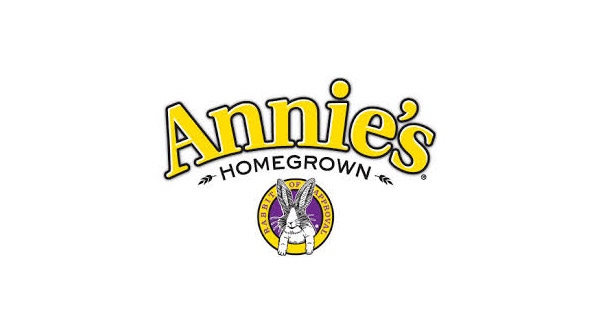September 13, 2014

As most everyone has heard by now, General Mills is acquiring Annie’s for a price tag of $820 million ($46/share) or slightly less than four times trailing 12 months net revenue. Even in the world of natural products, where lofty financing and acquisition multiples exceeding two times net revenue are common these days, this one stands out because of the size of the deal and the stature of the brands involved. The questions that immediately come to mind for me are why would General Mills be so aggressive now? And why would Annie’s sell when its shares were trading closer to all-time lows prior to the announcement?
For General Mills, the Annie’s product portfolio of snacks, meals and dressings is highly complementary to its Small Planet Foods portfolio of natural and organic brands. Annie’s also adds more than $200 million of revenue to the approximately $350 million of revenue in the Small Planet Foods division. Annie’s has proven since its IPO that it can sustain revenue growth rates near 20 percent, with the majority of such growth coming from deeper penetration of existing products. It has also proven that its brand can extend into multiple categories including frozen, which is valuable to a large CPG company with vast marketing and distribution resources.
From Annie’s perspective, this acquisition comes at a time when the company faces challenges in the current environment and has experienced a significant stock decline over the past year. Prior to this announcement, Annie’s stock had traded down from its high of $52.38/share in October 2013 to as low as $27.86/share in June 2014. While Annie’s maintains its guidance that branded product growth is continuing at historical levels, it posted less than 5 percent branded product growth in its most recent quarter, largely explainable by inventory reductions at UNFI. Annie’s is also experiencing significant margin pressure from commodity inflation of 10 percent—driven largely by organic wheat, which has seen a 40 percent price increase in the last year. Even with productivity gains from a recently acquired snack manufacturing plant, Annie’s hesitates to provide margin guidance at the near 40 percent level it generated at the time of its IPO.
To sum it up, is this a good deal for all parties? Yes. General Mills will add an iconic natural/organic brand that materially boosts its Small Planet Foods initiative for a price that may seem high today but will be reasonable in the long-term and is much less than the near 6 times revenue where Annie’s once traded. Annie’s will provide its shareholders with a large check based on a share price that may be difficult to achieve in the near-term if the company remained independent.
Nick McCoy is a Managing Director with Silverwood Partners, an investment bank specializing on the healthy/active living and premium consumer space. In 2013 and 2014, Silverwood’s announced beverage transactions include The Switch Beverage Co., KeVita, Essentia Water and Spindrift. Nick can be reached at [email protected].
You May Also Like



